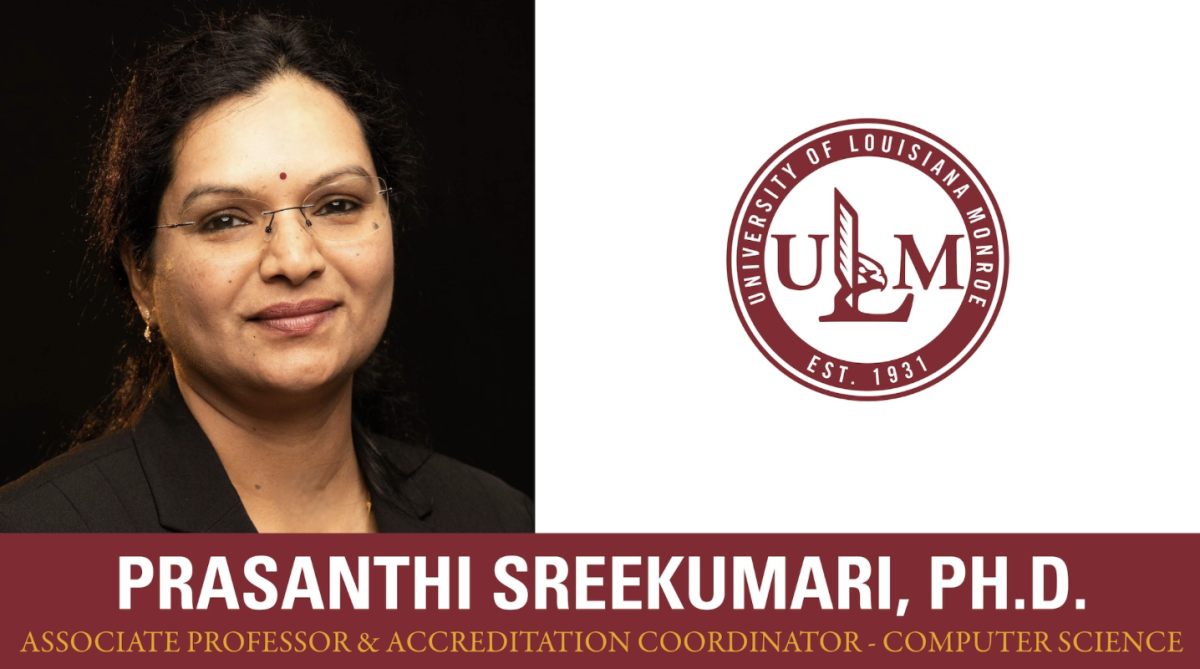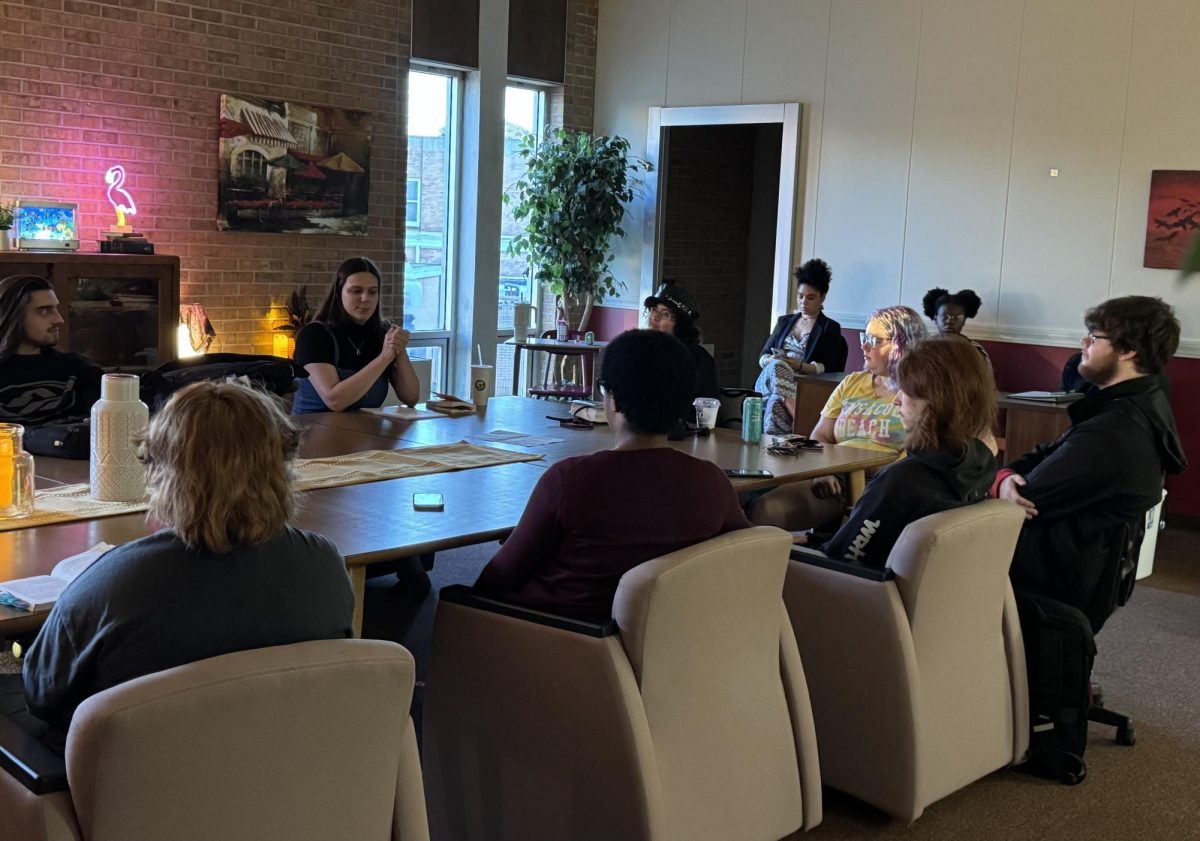Pope Benedict XVI announced on Feb. 10 that he would formally resign his position as leader of the Catholic Church at the end of the month.
“After having repeatedly examined my conscience before God, I have come to the certainty that my strengths, due to an advanced age, are no longer suited to an adequate exercise of the Petrine ministry,” said Pope Benedict XVI during a conference of the Cardinals.
The announcement comes amid scandals that have plagued the Vatican in past few years, such as the cover-up of sexual harassment by priests and the Pope’s ex-butler leaking secret Vatican papers. Pope Benedict cited his age and health problems as the main factors behind his resignation, not the accusations brought against the church.
According to the Canon Law of the Catholic Church, any Pope who wished to resign must make it known to the church, but there are no other limitations.
While some believers are unsure of how the Pope’s resignation will have an impact on the Cathloic Church, there are some like Jeanette Slayter, a freshman toxicology major, who believe that the Pope’s resignation will be, overall, good for the Catholic Church.
“Although this resignation is leaving many people confused and shocked, I think his resignation will help the future of the [Catholic] Church. The last resignation was in 1412 and things have changed since then, so depending on how they handle his resignation I believe it can help future popes in case they too feel they need to step down,” said Slayter.
Rev. Michael Duca, Bishop of Shreveport, said that while the Pope’s resignation is unusual, there is Canon Law that allows for this possibility. He also said that while the resignation may be historical, there is no way to tell what impact it will have on the Catholic Church yet.
“Of course to these questions there is really no answer yet. Time will tell. What will be different this time is that the leadership of the [Catholic] Church will be filled quite quickly which means that the lesser bureaucrats in the Vatican will have less influence. This I think is a good thing,” said Duca.
After the Pope’s resignation at the end of February, the College of Cardinals will meet in the Papal Conclave to elect a new Pope, just as if the previous Pope had died in office.
A Cardinal is a high-ranking member of the church.
The Cardinals will meet in a locked meeting until a consensus is reached on who will be the next Pope.
Once a Pope is elected, he normally will serve until his death or, in the case of Benedict XVI, his resignation.
While this is not the first time in history a Pope has resigned, it is this first time in almost 600 years. The last Pope to give up his title was Gregory XII, who stepped down from the Papacy in order to put an end to the Western Schism that had split the Roman Catholic Church in half.




